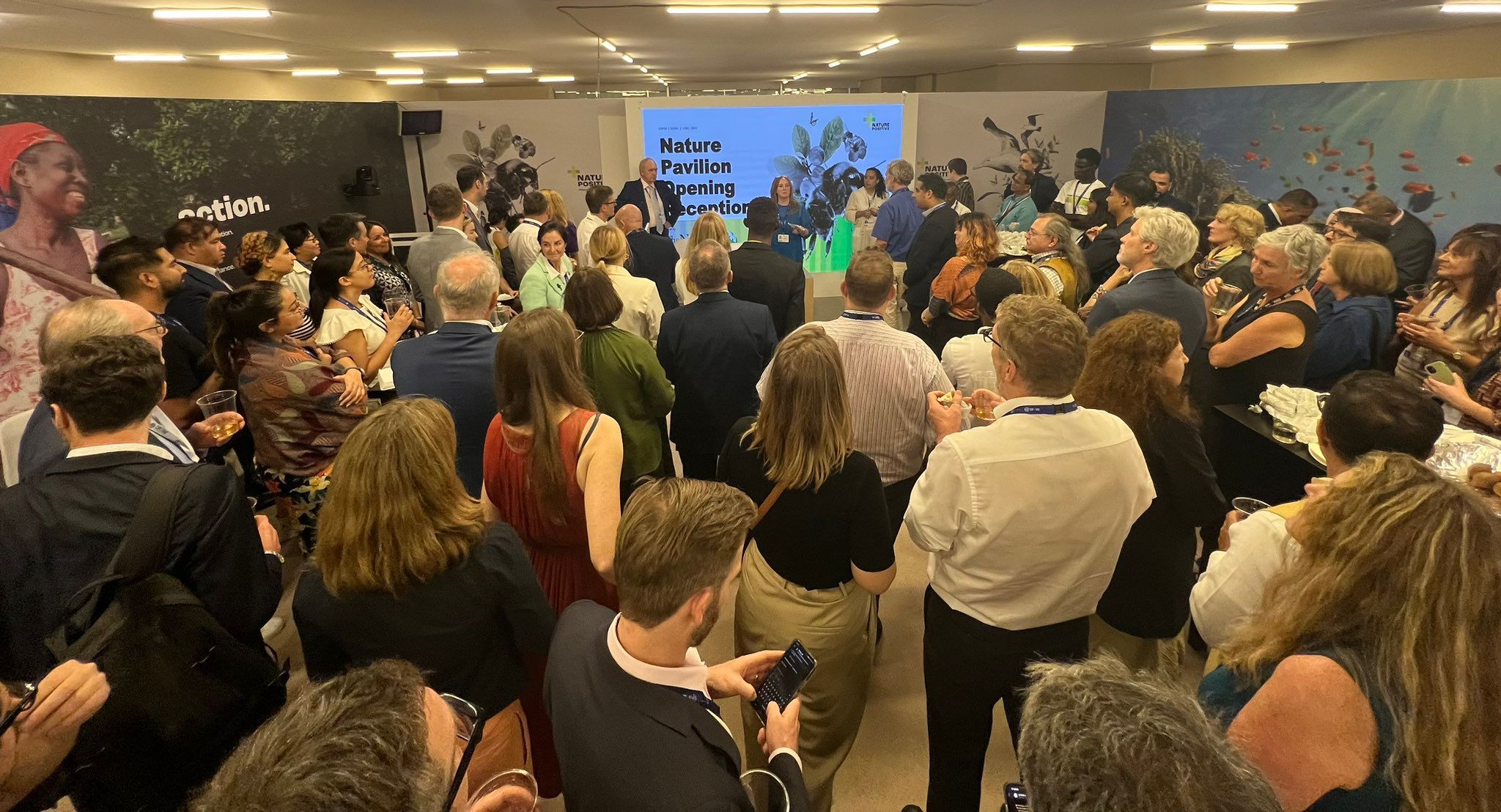
Read more
Related articles for further reading
The second week of COP28 kicks off today. As ministers arrive, there is some hope that they can reassert some of the momentum that seems to have faded in the negotiations, which face a long week ahead.
On the nature-front, keep your eyes peeled for a range of announcements during Nature Day tomorrow, December 9th.
|
COP28 Week 1 Wrap-up – Nature’s Newsroom Highlights
SPOTLIGHT – DIRECT IPLC FINANCE
The second Forest Tenure Funders Group (FTFG) annual report, published in November, analyzed progress against the five-year, $1.7 billion commitment to the tenure rights and forest guardianship of Indigenous Peoples and local communities (IPs and LCs) in tropical forest countries announced at COP26.
In the 2022 calendar year, FTFG members provided $494 million in pledge-aligned funding, a $172 million increase over 2021 funding. Total spending to date exceeds $815 million—almost half of the pledge total. However, the report found that only $8.1 million directly reached IP and LC organizations in 2022 – representing just 2.1% of the funding delivered.
This is an important theme at COP28 and the subject of numerous events. Addressing this issue will be key for building trust. Earlier at COP, Conservation International joined partners for a discussion of direct access to finance for Indigenous people and local communities.
During the event, Conservation International CEO Dr. M Sanjayan proposed designing a new facility — the Community-Led Solutions Partnership — to house and expand the experiences for the Dedicated Grant Mechanism, Inclusive Conservation Initiative and others. The partnership would closely with Indigenous partners, and large donors, to:
1. Mobilize at least $500 million in new climate and biodiversity finance;
2. Support more than 100 community-led environmental initiatives;
3. Mitigate 400 million tons of emissions
4. And support community-led management of 100 million hectares of land.